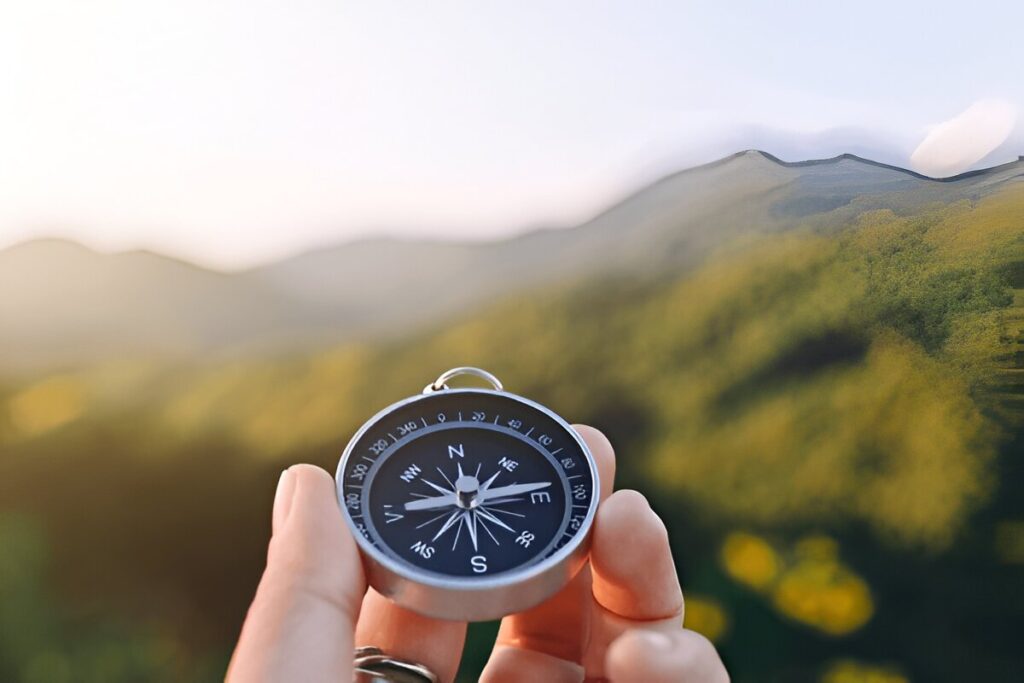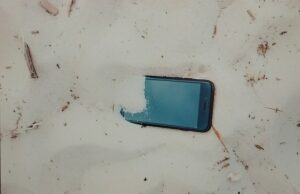
1.2. The Endowment Effect: Why We Overvalue What We Own
Ever noticed how something feels more valuable once it’s yours? That’s the endowment effect in action. It’s a psychological quirk that makes us place higher value on things simply because we own them. So, when we lose an object, the endowment effect kicks in, making the loss feel even more significant. Even if the object is replaceable, the one we lost feels irreplaceable because it was ours.
1.3. Anthropomorphism: Giving Objects a “Soul”
Humans have a funny habit of giving human traits to inanimate objects. We name our cars, talk to our plants, and feel bad for the stuffed animal left on the floor. This tendency, called anthropomorphism, makes it easier to form emotional bonds with objects. When we lose something we’ve anthropomorphized, it can feel like losing a friend.
2. The Social Side of Object Attachment
2.1. Objects as Extensions of Ourselves
From a sociological perspective, objects often represent who we are. They can reflect our personality, values, or even our social status. For example, a musician might feel deeply connected to their first guitar, not just because of its function, but because it symbolizes their identity as an artist. Losing such an object can feel like losing a part of ourselves.
2.2. Objects as Bridges to Relationships
Objects also connect us to other people. A necklace from a best friend, a book gifted by a mentor, or a handwritten note from a grandparent—these items carry emotional weight because they represent relationships. When we lose them, it’s not just the object we mourn; it’s the connection it symbolized.




